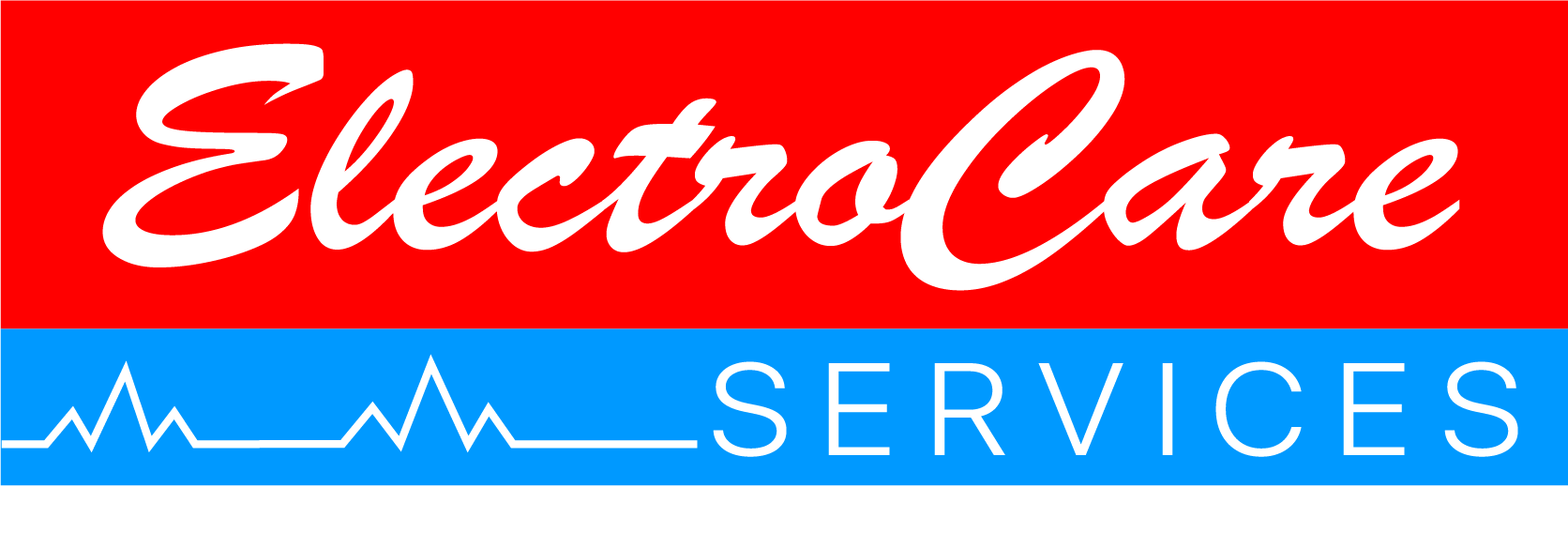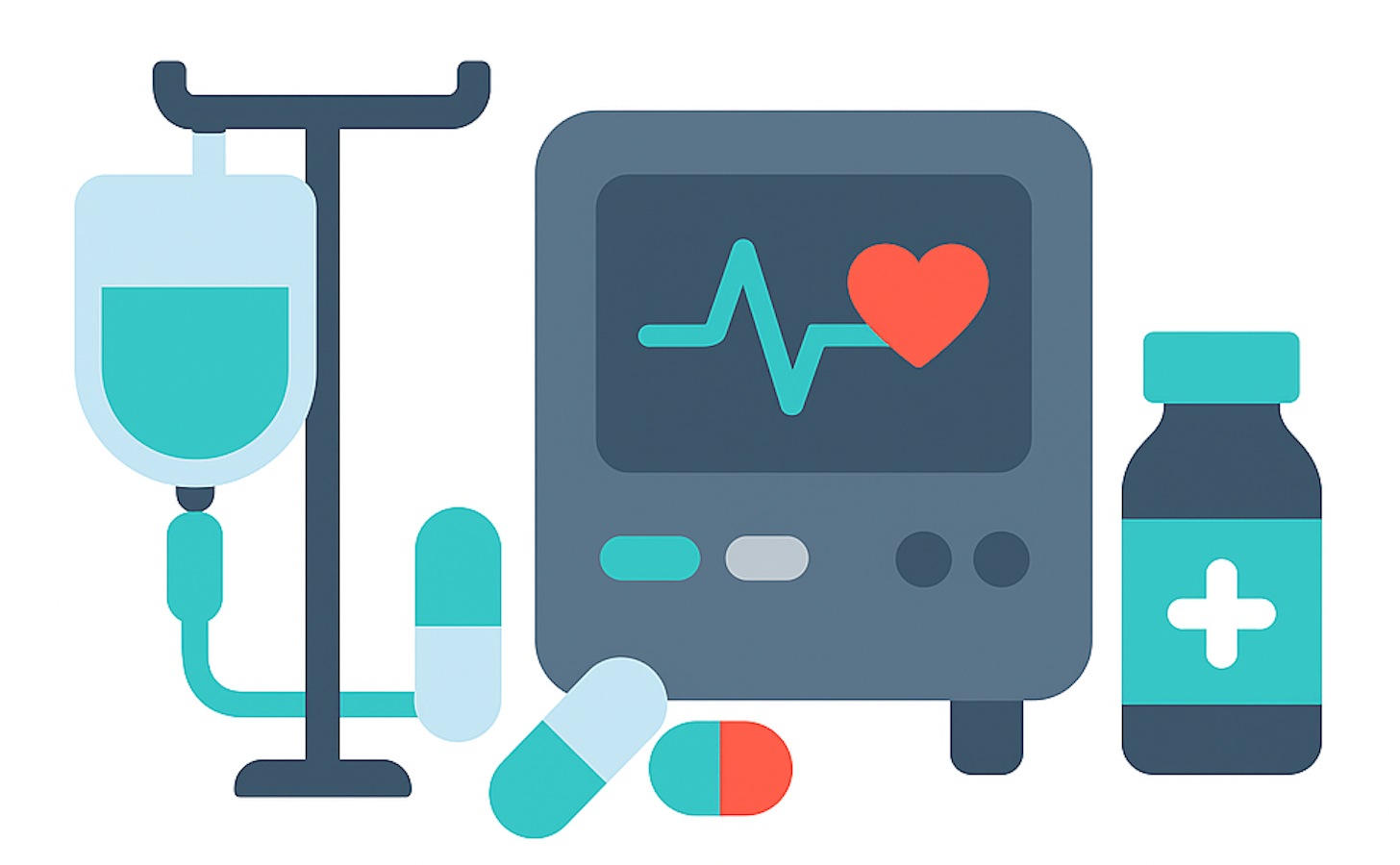Machines Essential to Building an Intensive Coronary Care Unit (ICCU)
An Intensive Coronary Care Unit (ICCU) is a specialized hospital department designed to provide comprehensive care for patients with severe cardiac conditions. Equipping an ICCU with the latest and most reliable medical machines is crucial for monitoring and treating critically ill cardiac patients. Here is a detailed guide on the essential machines required to build a state-of-the-art ICCU.
1. Cardiac Monitors
Cardiac monitors are the backbone of an ICCU, providing continuous monitoring of a patient’s heart rate, rhythm, blood pressure, and other vital signs. Key features include:
- ECG monitoring
- Arrhythmia detection
- Real-time data display and alarms for abnormal readings
2. Defibrillators
Defibrillators are life-saving devices used to restore normal heart rhythm in cases of cardiac arrest or severe arrhythmias. They are essential for:
- Immediate response to cardiac emergencies
- Monitoring and analyzing heart rhythms
- Delivering therapeutic shocks if necessary
3. Ventilators
Mechanical ventilators support patients who are unable to breathe adequately on their own. These machines are critical for:
- Providing controlled oxygen delivery
- Maintaining respiratory function
- Managing patients with severe respiratory distress or failure
4. Infusion Pumps
Infusion pumps deliver precise amounts of fluids, medications, or nutrients directly into a patient’s bloodstream. Essential features include:
- Programmable settings for different infusion rates
- High accuracy and reliability
- Safety alarms for flow irregularities
5. Suction Machines
Suction machines are used to clear airways by removing secretions, blood, or other fluids. They are vital for:
- Maintaining airway patency
- Preventing aspiration
- Facilitating respiratory care
6. Portable X-ray Machines
Portable X-ray machines enable imaging at the bedside, which is crucial for critically ill patients who cannot be moved. These machines are essential for:
- Diagnosing chest and cardiac conditions
- Monitoring the placement of lines and tubes
- Providing immediate diagnostic information
7. Blood Gas Analyzers
Blood gas analyzers measure the levels of oxygen, carbon dioxide, and pH in a patient’s blood. These analyzers are crucial for:
- Assessing respiratory function
- Guiding ventilation settings
- Monitoring acid-base balance
8. ECMO Machines
Extracorporeal Membrane Oxygenation (ECMO) machines provide advanced life support for patients with severe heart and lung failure. They are essential for:
- Providing prolonged cardiac and respiratory support
- Oxygenating blood outside the body
- Supporting patients awaiting heart or lung transplants
9. Patient Warming Systems
Maintaining a patient’s body temperature is critical in an ICCU. Patient warming systems help prevent hypothermia during and after surgery. Key features include:
- Adjustable temperature settings
- Even heat distribution
- Safety features to prevent overheating
10. Dialysis Machines
For patients with acute kidney injury or chronic kidney disease, dialysis machines are essential for filtering waste and excess fluids from the blood. These machines are crucial for:
- Providing renal replacement therapy
- Managing electrolyte imbalances
- Supporting overall metabolic function
11. Telemetry Systems
Telemetry systems allow remote monitoring of patients’ cardiac rhythms and vital signs. These systems are essential for:
- Continuous monitoring without restricting patient mobility
- Early detection of arrhythmias and other cardiac events
- Centralized monitoring by healthcare staff
12. Non-invasive Cardiac Output Monitors
These monitors measure cardiac output and other hemodynamic parameters without invasive procedures. They are essential for:
- Assessing heart function and fluid status
- Guiding treatment decisions
- Monitoring response to therapies
13. Nebulizers
Nebulizers deliver medication directly to the lungs in the form of a mist, which is especially useful for patients with respiratory conditions. Key features include:
- Efficient delivery of bronchodilators and steroids
- Portable and easy to use
- Adjustable medication dosage
Conclusion
Building a state-of-the-art ICCU requires a comprehensive array of advanced medical machines to provide optimal care for critically ill cardiac patients. Reliable equipment from trusted suppliers like BPL Medical Equipments ensures that your ICCU is well-prepared to handle a wide range of cardiac emergencies with precision and care. By investing in high-quality, advanced technology, hospitals can improve patient outcomes, enhance safety, and provide the best possible care for their patients.



